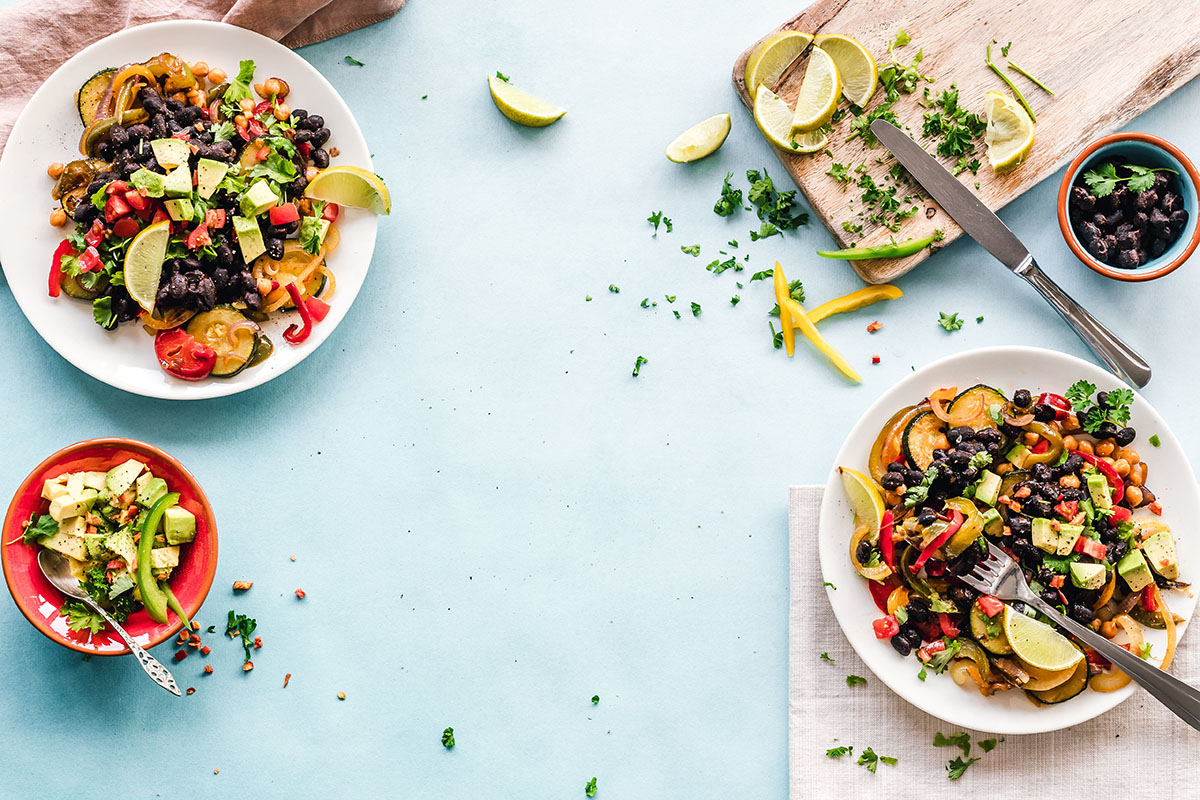Looking for a New Year’s Resolution? Think Slow in 2024
Approaching a new year brings opportunities – for change, growth, and remembrance. Resolutions fill up to-do lists with promises to change old habits and transform with new ones. Often, these resolutions contain challenges surrounding personal growth and health. However, we may fail to recognize the powerful effect that these new habits can have on the community around us. With the integration of Slow Food principles into our daily lives, we can feel the effects personally but also experience the positive ripple effect this movement has on our communities. Improving one’s diet is always a worthwhile venture, but I implore you to consider just what kind of diet changes you make. While cutting out trans fats or seed oils may be a trendy change, cultivating a diet based on Slow Food principles is a more sustainable practice, and one that affects more than just your body.
Slow Food isn’t just a catchy idea. Slow Food gives us a blueprint for what it means to provide people with access to good, clean, and fair food. Good food is that which is healthy and nutritious. Clean food is made with production practices that do not harm the environment. Fair food is priced reasonably for consumers and producers to feel satisfied. These facets positively influence our environment, individual health, and local economies.
The personal benefits of eating slow foods are remarkable, as eating organic foods and reducing meat consumption can dramatically reduce the risk of heart disease and cancer while helping to grow a healthy gut microbiome (Mayo Clinic). The communal impact is not as obvious, but when you realize farmers earn less than the average US salary, it helps to bring the effect of your dollar into focus. Increasing efforts to buy locally grown food pays dividends in making your local farms sustainable, so they can continue producing quality food for decades to come.
To develop new dietary habits focused on Slow Food, ecologically inspired eaters have many avenues. For starters, limiting your meat consumption helps to reduce the environmental pressures caused by commercial meat production. Additionally, shopping at your local farmers’ markets, joining a CSA, or visiting local farms are other great ways to fill your fridge with local foods. To benefit your health and wallet, try cooking at home more often. Invite a close friend or family member to enjoy great food and community together. Celebrate the new year with these habits and keep Slow Food in mind as you grow through 2024.
By Sam Herring

